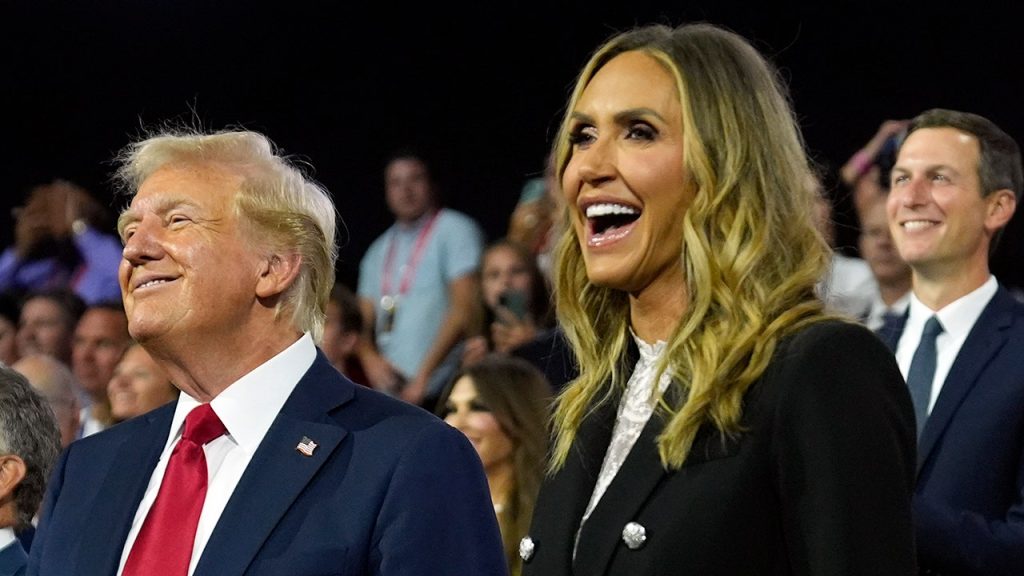Lara Trump’s decision to withdraw her name from consideration for Marco Rubio’s Senate seat marks a significant development in the evolving political landscape of Florida and the broader Republican Party. Her announcement, delivered via a post on X (formerly Twitter), brought an end to speculation about her potential candidacy and underscored the complex interplay of family ties, political ambition, and strategic calculations within the Trump sphere of influence.
Trump’s statement expressed gratitude for the encouragement she received, highlighting the “unbelievable support” from both the nation and her home state of Florida. Her previous role as co-chair of the Republican National Committee during a highly contested election cycle undoubtedly contributed to her prominent standing within the party and fueled speculation about her future political aspirations. However, her decision to step back from the Senate race suggests a deliberate recalibration of those ambitions, at least for the immediate future.
The context surrounding Trump’s decision is crucial. With Marco Rubio nominated for Secretary of State in the incoming Trump administration, his Senate seat became vacant, creating a coveted opportunity for aspiring politicians. President-elect Trump’s initial endorsement of his daughter-in-law for the position added considerable weight to her potential candidacy. This familial connection, coupled with Lara Trump’s own political experience and visibility, made her a formidable contender. However, the President-elect’s subsequent public statements, indicating that the appointment was ultimately Governor DeSantis’s prerogative, hinted at a possible shift in strategy.
Lara Trump’s statement alluded to an upcoming “big announcement” in January, further fueling intrigue about her future plans. While she explicitly ruled out the Senate race for now, her emphasis on her passion for public service and her desire to serve the country again in the future left the door open for a potential return to the political arena. This strategic ambiguity allows her to maintain a degree of public interest and retain her options for future electoral bids.
The dynamics between President-elect Trump and Governor DeSantis also play a significant role in this political chess match. While Trump initially advocated for his daughter-in-law, his subsequent deference to DeSantis underscored the Florida governor’s growing political clout and the importance of maintaining a positive relationship between the two influential figures within the Republican Party. DeSantis’s authority to appoint Rubio’s replacement placed him in a position of power, and Trump’s public acknowledgment of this dynamic suggests a strategic decision to avoid potential friction or the appearance of undue influence.
Lara Trump’s withdrawal from the Senate race leaves the field open for other potential candidates, and Governor DeSantis now holds the key to determining who will fill the vacant seat. The appointee will serve the remaining two years of Rubio’s term, setting the stage for a potentially competitive election in 2026. The political calculus surrounding this appointment is complex, with DeSantis needing to consider various factors, including the candidate’s electability, their alignment with his own political agenda, and the potential impact on his own future political ambitions. The decision will undoubtedly be scrutinized by both national and state-level political observers, as it carries significant implications for the balance of power within the Republican Party and the future political landscape of Florida.

